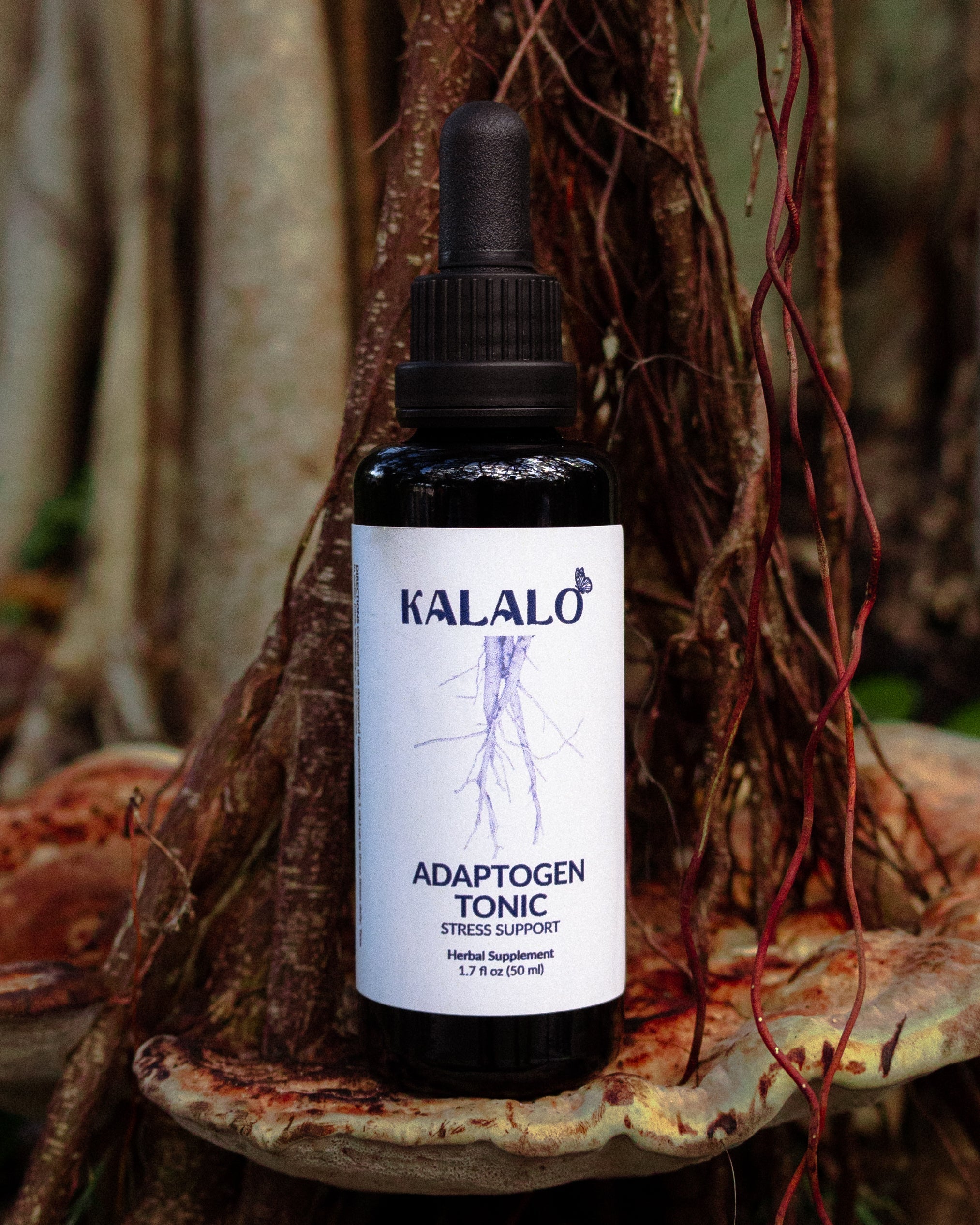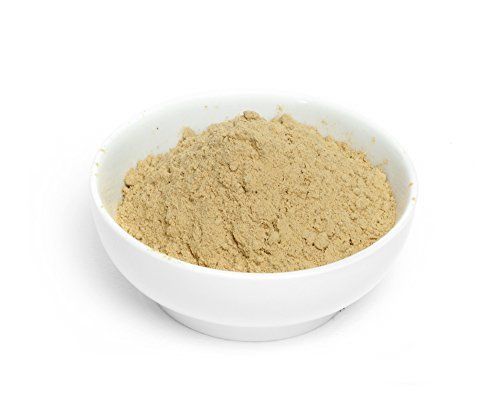
Maca root, derived from the Peruvian Andes, has been treasured for centuries as a powerful adaptogen and aphrodisiac. Today, it’s gaining scientific attention for its potential to support fertility in both men and women. With hormonal balance, increased libido, and improved energy as some of its touted benefits, maca could be a valuable natural option for those seeking to boost reproductive health.
What Is Maca Root?
Maca (Lepidium meyenii) is a cruciferous vegetable, similar in appearance to a turnip. Its root is dried into a powder used in supplements, smoothies, and energy bars. Maca is rich in vitamins, minerals, and plant compounds that support overall vitality, especially under conditions of stress or hormonal imbalance.
How Does Maca Support Fertility?
Research suggests that maca influences several key factors involved in fertility:
- Hormonal Balance: Maca may help regulate reproductive hormones, including luteinizing hormone (LH) and follicle-stimulating hormone (FSH), which are crucial for ovulation and sperm production.
- Sperm Quality: Studies have shown that maca can improve sperm count, motility, and morphology, positively impacting male fertility.
- Menstrual Regularity: Maca may help balance estrogen and progesterone, aiding in cycle regulation for women with irregular periods or hormonal imbalances.
- Libido and Sexual Function: An increase in libido and sexual desire can improve reproductive chances.
Scientific Evidence Supporting Maca’s Role in Fertility
-
Male Fertility: A 2016 review in Evidence-Based Complementary and Alternative Medicine reported that maca supplementation improved sperm parameters in infertile men, with some studies noting increases in sperm concentration and motility.
-
Women’s Reproductive Health: A pilot study published in Bioscience Trends (2015) observed that women taking maca exhibited improved hormonal balance and menstrual regularity, which are important for conception.
-
Energy and Stress Reduction: Since maca helps adapt to stress—an often-overlooked factor in fertility—it indirectly supports reproductive health by reducing cortisol levels, which can impair hormone production.
Other Beneficial Supplements and Nutrients for Fertility
While maca offers promising support, combining it with other key nutrients can optimize fertility:
- Folic Acid: Essential for early fetal development and reducing neural tube defects. Recommended for women trying to conceive.
- Zinc: Critical for sperm production and testosterone levels in men.
- Coenzyme Q10 (CoQ10): Supports mitochondrial health and has been linked to improved egg and sperm quality.
- Omega-3 Fatty Acids: Reduce inflammation and support hormone synthesis; beneficial for ovulation and sperm health.
- Vitamin D: Plays a role in hormone regulation and reproductive tissue health.
Practical Tips
- Dosage: Maca root powder is typically taken at 1.5 to 3 grams daily. It's best started gradually and taken with food.
- Duration: Consistent use over a few months (3-6 months) is recommended to assess effects on fertility.
- Consultation: Always discuss with a healthcare provider before starting new supplements, especially during pregnancy or fertility treatments.
Final Thoughts
Maca root is a natural, nutrient-rich supplement with promising evidence supporting its role in enhancing fertility through hormonal regulation, improved sperm quality, and menstrual regularity. When combined with other fertility-supporting nutrients like folic acid, zinc, CoQ10, omega-3s, and vitamin D, maca can be a powerful part of a holistic approach to reproductive health.
Remember: Every individual’s fertility journey is unique. While supplements can support your efforts, they should complement a healthy lifestyle, balanced diet, and medical guidance on your path to conception.










